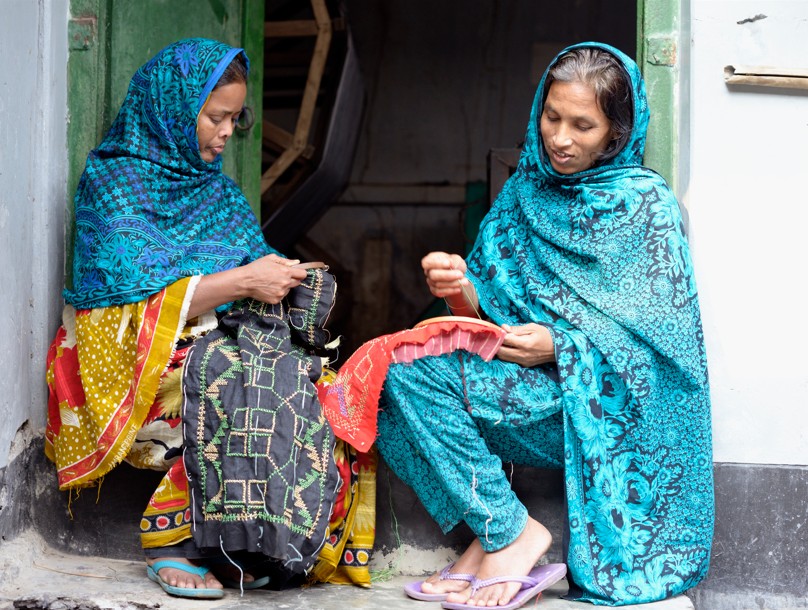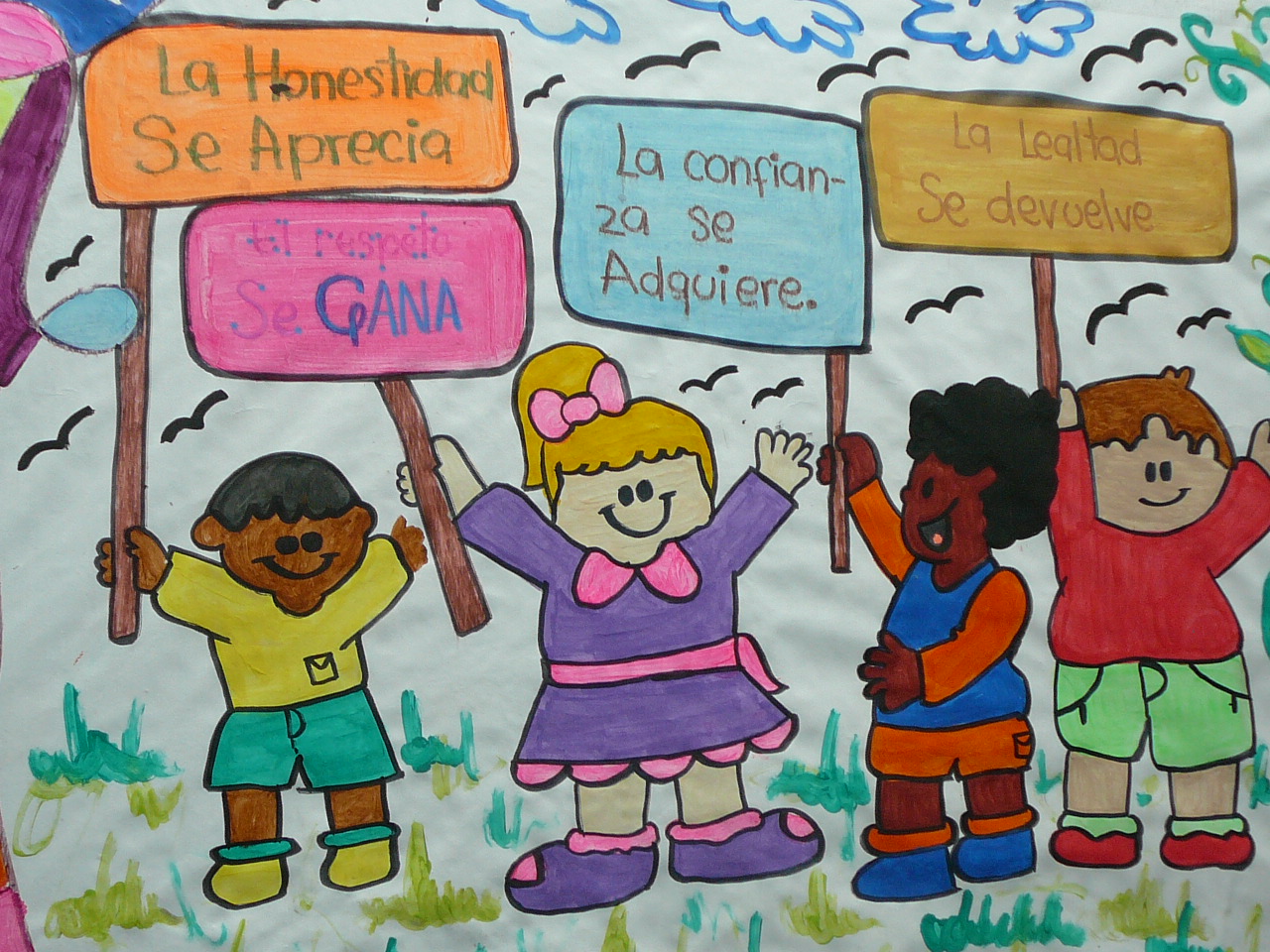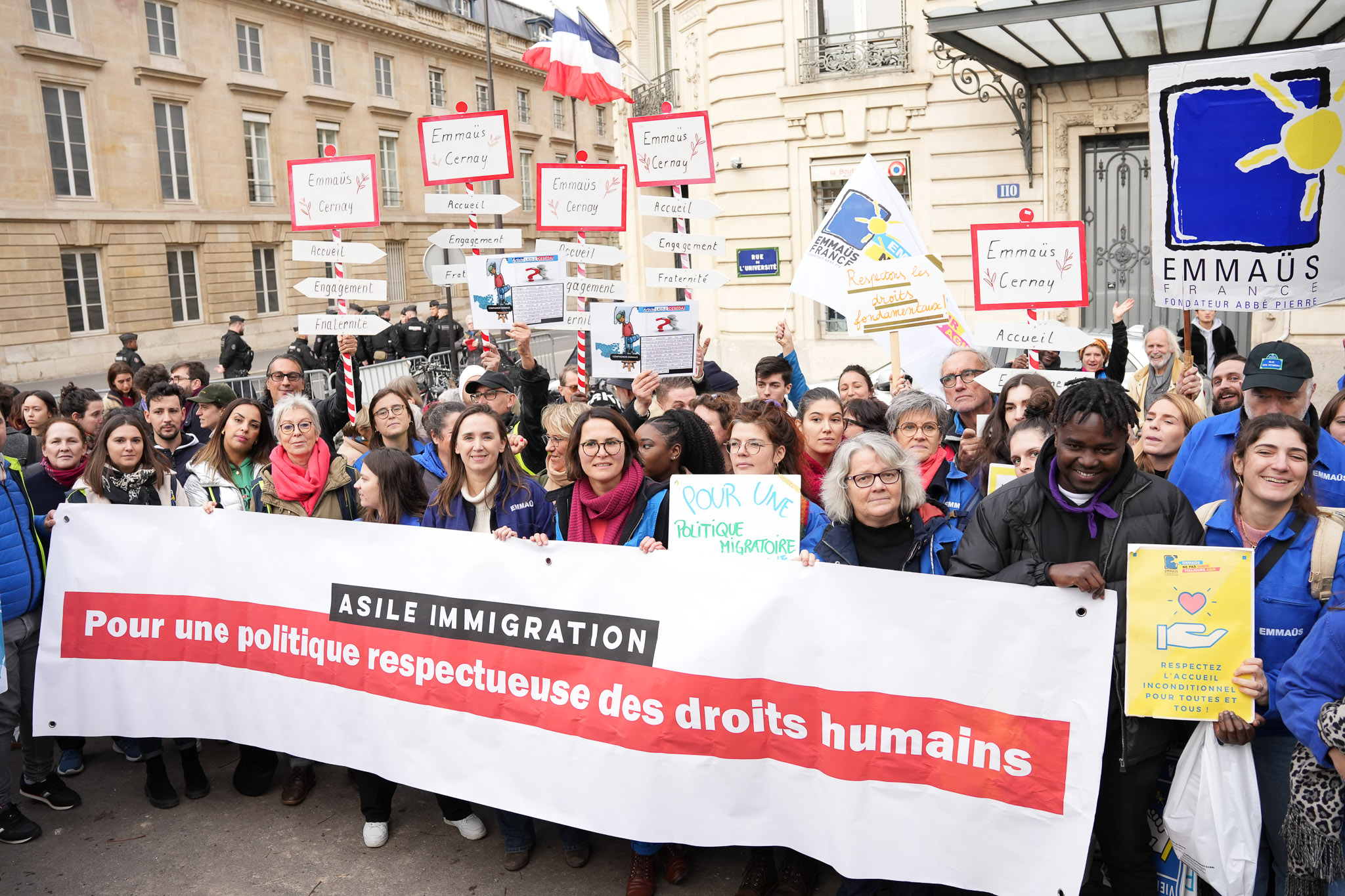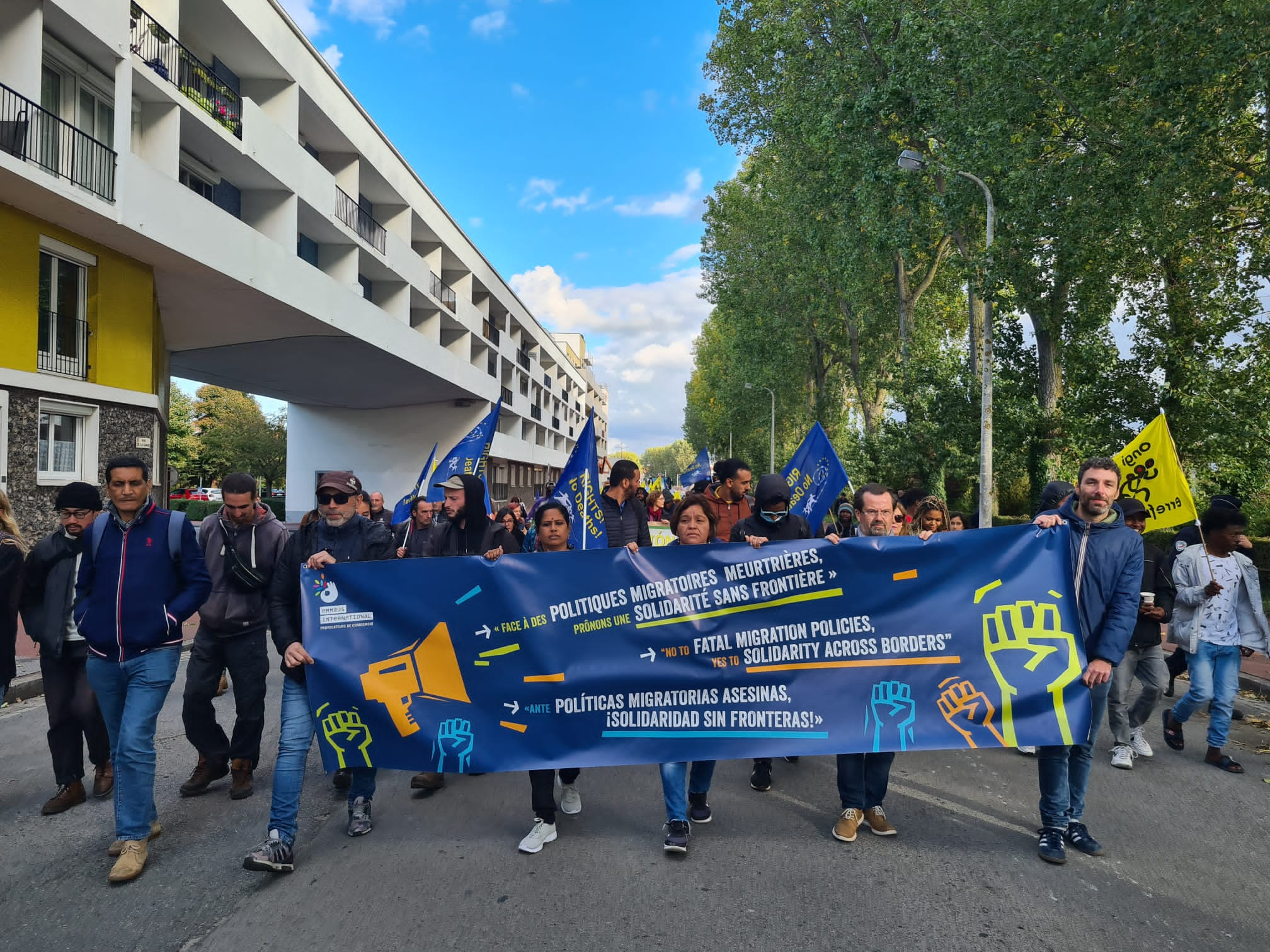Thanapara Swallows establishes a vital presence among Rohingya refugees

As soon as the first Rohingya refugees arrived in 2017, the Emmaus Thanapara Swallows group mobilised to come to their aid, alongside numerous local NGOs and Bangladeshi civil society actors. As Mynul Haque (Santo), the group’s leader, explains:
“We have distributed nutritious food to several hundred refugee women and children. But our work does not stop at emergency aid. With the support of Emmaus International, we are also setting up vocational training courses to enable them to develop useful skills and market their handicrafts.”
The group also supports local residents, who are often tempted to migrate without papers due to a lack of solutions in their area. To address this, Thanapara Swallows has implemented several preventative measures:
“We have set up two local committees”, explains Mynul Haque (Santo), “a group of young volunteers and a social group bringing together local elected officials, religious leaders, journalists and administration representatives. These groups organise regular meetings on migration issues in our area of operation.”
These exchanges enable information to be shared more effectively and allow for timely alerts to be issued in certain situations:
“In the last two months alone”, adds the group leader, “we have identified three cases of young people who have been victims of fraud involving their departure documents. We have assisted them in obtaining legal support and asserting their rights.”
In the Rajshahi region, the group also works directly with public services. It collaborates with the local government’s Youth Development Department to organise workshops for young people who are considering leaving. These training sessions inform them about legal migration opportunities, the dangers of illegal networks and ways to avoid scams or violence.
The Thanapara Swallows group also advocates for a more humane and constructive approach to migration. As Mynul Haque (Santo) concludes:
“Migration has considerable positive effects. It opens up professional opportunities, improves individuals’ skills, reduces unemployment, and leads to transfers of knowledge and funds that support communities of origin. It is an inevitable, but above all beneficial, component of economic and social life. In a country like Bangladesh, where income from emigration accounts for a significant portion of national resources, it is essential to view migration through the lens of freedom and development, and not as a threat.”


